LOLER Training Course
Quantity: 1
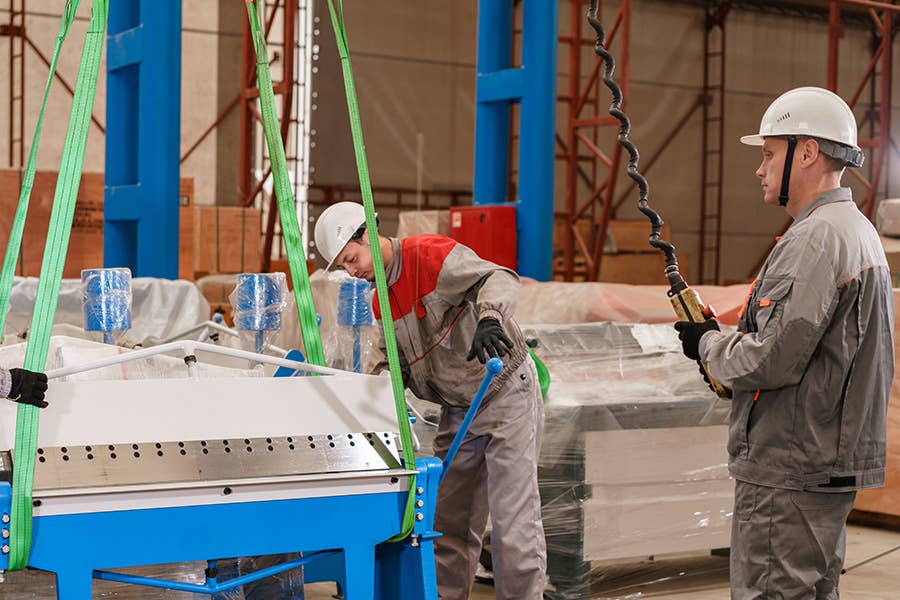
Duration 2-3 hours
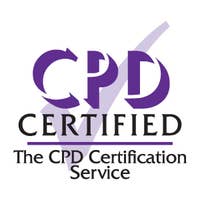
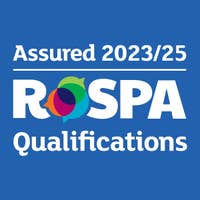

100% online training
Start when you like
Learn on any device (desktop, mobile or tablet)
Instant assessment and result
1 learner per course
Train teams of all sizes
Bulk discounts starting at 10% off 10 courses
Pay by invoice with 30 day payment terms available (5+ courses)
Includes a 10% discount for 10+ courses
Operations that involve lifting equipment can pose significant risks to people’s health and safety if not properly managed. Under the Lifting Operations and Lifting Equipment Regulations 1998 (LOLER), both employers and employees have duties they must fulfil in order to ensure the hazards associated with lifting operations and equipment are kept to a minimum.
If you are someone who works with lifting equipment, this course will provide you with a strong awareness of what LOLER requires. It will help you understand the necessary actions that must be taken to meet regulation standards and prevent harm from befalling anyone who works with or near lifting operations and equipment. It includes information on how to assess risks, how to select suitable lifting equipment, how to maintain the equipment, and the importance of thoroughly planning operations.
100% online training
Access anywhere
Same day digital certificate
Printed certificate posted next working day
Full audio voiceover
Assessment retakes at no extra cost
Written in compliance with the Lifting Operations and Lifting Equipment Regulations 1998 (LOLER)
Developed by health and safety professionals
Accredited by CPD and assured by RoSPA Qualifications
Bulk discount for orders of 10+ courses
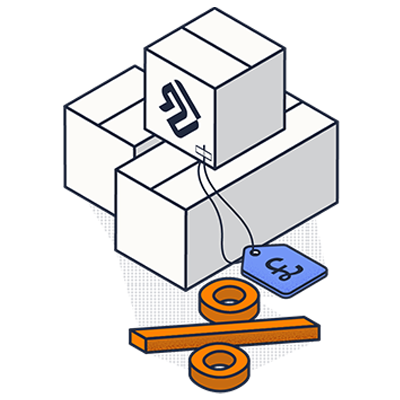
Save on our courses when you buy more training upfront. Lock in a better price now and access the training whenever you need to. You can mix and match any of our courses too and get the discount off your whole order.
10+ courses = 10% off
50+ courses = 20% off
100+ courses = 30% off
500+ courses = 40% off
By the end of this course, learners will understand:
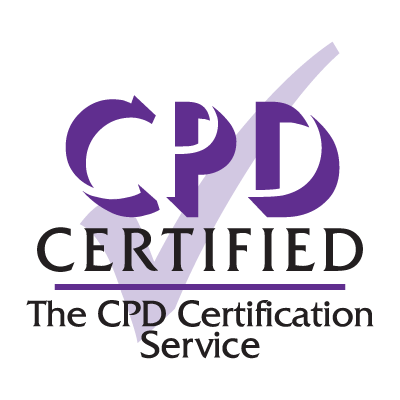
Accredited by CPD
All of our courses are accredited by the CPD Certification Service as conforming to universally accepted Continuing Professional Development (CPD) guidelines.
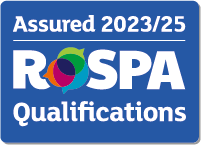
Assured by RoSPA Qualifications
This course is also assured by the Royal Society for the Prevention of Accidents through their RoSPA Qualifications Assurance System, as providing up-to-date, quality and content-approved training.
Recommended renewal:
1 year
What does this mean? This certificate does not have an expiry date, however, based on industry best practice guidelines there is a recommended renewal period.
Our in-house Learning Designers develop all of our courses to give you and your learners the most engaging training possible.








The online assessment is taken on completion of the training material. You will be asked 15 multiple choice questions with a pass mark of 80%. The answers are marked automatically so you will instantly know whether you have passed. If you don't pass don't worry! You can take the test as many times as you need with no extra charge.
This course is suitable for anyone who is in charge of a workplace that requires lifting equipment and those who operate lifting operations as part of their job role. It is designed to provide both employers and employees with a strong awareness of what LOLER requires of them. The knowledge they gain from the course will help them prevent people who work with or near lifting equipment from coming in harm’s way.
Does taking this course make me a LOLER ‘Competent Person’?
Under the LOLER Approved Code and Practice and Guidance, anyone wanting to be responsible for carrying out thorough examinations of lifting equipment must have appropriate practical and theoretical knowledge and experience of the lifting equipment to be thoroughly examined. Taking this course alone will not make you competent to carry out thorough examinations of Lifting Equipment.

In partnership with
Neil Murray
Health and Safety Consultant
Neil Murray is a vastly experienced and highly qualified health and safety professional who has held roles such as Senior Health and Safety Executive inspector, and Principal Inspector for Channel Tunnel construction. He has also held senior roles in an international infrastructure business, a major UK water utility company and a major construction group and provided management consultancy to numerous companies across a wide range of industries.
Neil has a wide expertise in many sectors, including construction, civil engineering, manufacturing engineering, water and waste utilities, education, heritage sites, public safety, rail construction and operation, transport, marine, waste management, engineering design and industrial and facilities management services.
Neil is a QSA auditor for RoSPA and also an author of published guidance on health and safety in the construction of the Channel Tunnel, work at height, major project management, and online training courses.